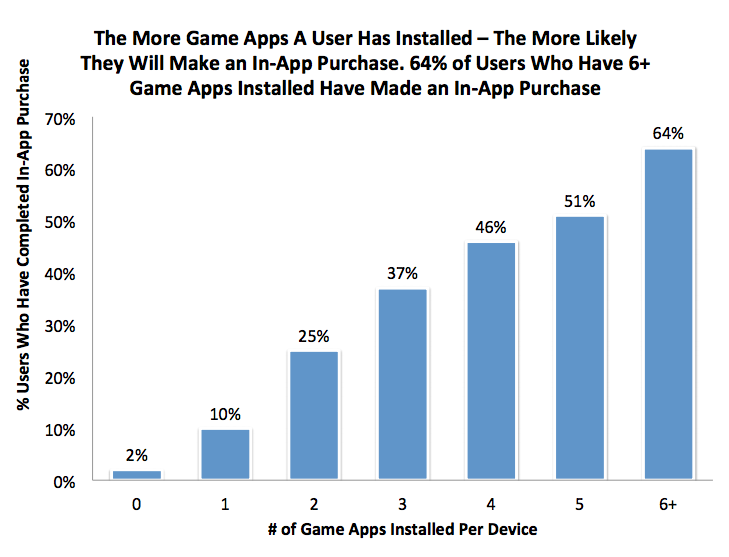The gaming industry has witnessed a significant transformation over recent years, marked particularly by the growing trend of account purchasing. This practice, once relegated to niche communities, has now entered the mainstream, reflecting broader changes in how players interact with games and online ecosystems. The article available at https://www.b92.net/english/promo/112996/the-new-era-of-gaming-the-rise-of-account-purchasing-in-video-games/vest elaborates on how this shift mirrors evolving player expectations and market dynamics.
Account purchasing involves acquiring game accounts that have already been progressed or leveled up, allowing new players instant access to advanced stages, rare items, or exclusive content. This emergence fits within a larger context of expanding digital economies around gaming. Players eager to bypass the grind or gain competitive edge turn to these markets, fueling demand and, subsequently, the growth of secondary account trading platforms. This trend disrupts traditional gameplay models, where progression was primarily tied to time investment and skill development.
One key aspect behind this rise is the increasing complexity and time-consuming nature of modern games. With expansive open worlds, intricate mechanics, and competitive ladders, new gamers often find entry barriers steep. Purchasing accounts provides not only a shortcut but also a form of social validation by owning rare or prestigious profiles. However, this shift poses important questions related to game fairness, security, and the implications for developers’ business models.
The Economic Implications of Account Trading
The expansion of account purchasing has created a robust secondary market with complex economic underpinnings. This phenomena touches on issues from monetization strategies employed by game developers to the legal boundaries of digital ownership. The secondary market allows players to leverage their time investment into tangible economic value, stimulating an informal economy within the gaming community.
From an economic perspective, the exchange of accounts transforms virtual goods into commodities with real-world monetary significance. This transformation impacts game developers, who may lose direct revenue to resellers or find their in-game economies disrupted by inflated prices and unfair advantages. Additionally, such market practices raise concerns regarding the security of accounts, fraud potential, and the undermining of in-game progression systems.
“The rise of account purchasing challenges traditional assumptions about game ownership and progression,”
notes industry analysts, emphasizing that the intersection of these digital economies with real money creates both opportunities and risks for all stakeholders.
Developers are now prompted to reconsider how they design progression mechanics and implement safeguards, balancing monetization with maintaining a fair and engaging gaming environment. Some companies have responded by incorporating official account trading platforms or banning illicit transactions, reflecting the economic weight this trend carries on the wider industry.
Social and Cultural Impact on the Gaming Community

The phenomenon of account purchasing does not exist in isolation but is deeply interwoven with the social and cultural fabric of the gaming world. Access to high-level accounts reshapes community dynamics, influencing how players perceive achievement, status, and participation. These changes resonate beyond gameplay, affecting interactions and the collective identity within gaming spaces.
For many players, gaming represents a meritocratic space where progress is earned through dedication and skill. The availability of pre-leveled accounts challenges this ethos, provoking debates around authenticity and the value of genuine effort. Conversely, it also democratizes access for players who may lack the time or resources to engage extensively, allowing broader participation and enjoyment.
Communities often experience tensions, as some segments may view account purchasing as undermining fair play, while others regard it as a legitimate way to engage with beloved games.
These diverging views create complex social dynamics, necessitating ongoing dialogue about respect, inclusivity, and the evolving norms within gaming culture.
Moreover, account trading can foster new social relationships and market trust networks, as buyers and sellers negotiate trust in digital identities. This transformation highlights how gaming communities continue to adapt and redefine themselves in response to technological and economic shifts.
Future Directions: Regulation and Industry Responses
Looking ahead, the trend of account purchasing in video games presents both challenges and opportunities for industry stakeholders. As this market grows, questions about regulation, ethics, and long-term sustainability gain prominence. Players, developers, and policymakers must navigate these complexities to shape a balanced future gaming ecosystem.
Currently, many game companies adopt a cautious stance toward account trading, with policies ranging from strict prohibitions to monitored and regulated marketplaces. These efforts aim to protect players from fraud, preserve competitive integrity, and safeguard intellectual property rights. However, enforcement remains difficult due to the anonymity and decentralization inherent to digital transactions.
- To address these issues, the industry may increasingly turn to technologies like blockchain for transparent and secure ownership verification.
In parallel, emerging regulatory frameworks at national and international levels could influence practices by setting standards for digital asset ownership, consumer protection, and transaction transparency. Success in integrating these frameworks with the gaming market will depend on collaboration across multiple sectors.
Ultimately, the rise of account purchasing signals a new era in gaming, where traditional concepts of ownership, meritocracy, and economy are being redefined. The path forward will demand innovative solutions and open-mindedness to harness this trend’s potential while mitigating its drawbacks.
